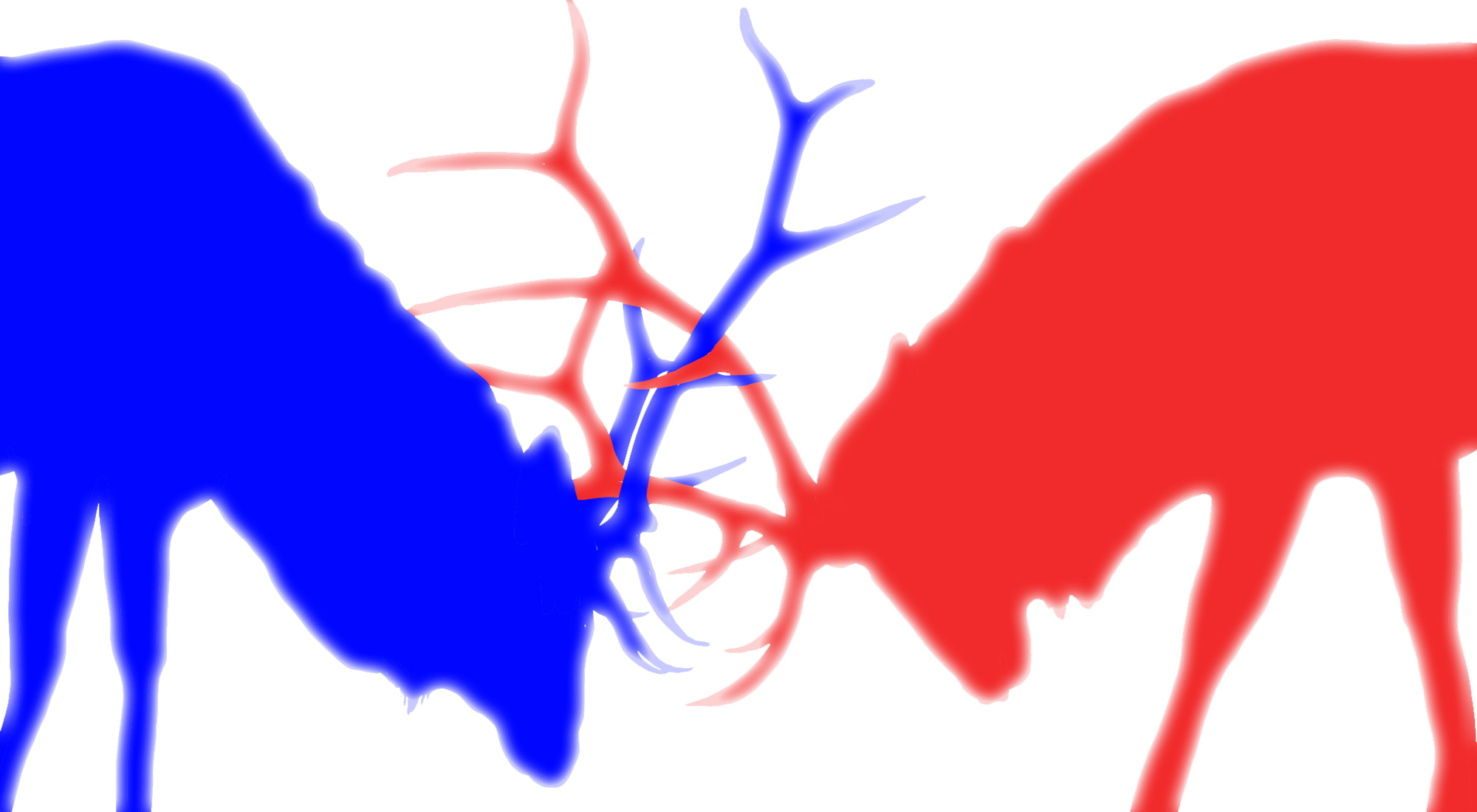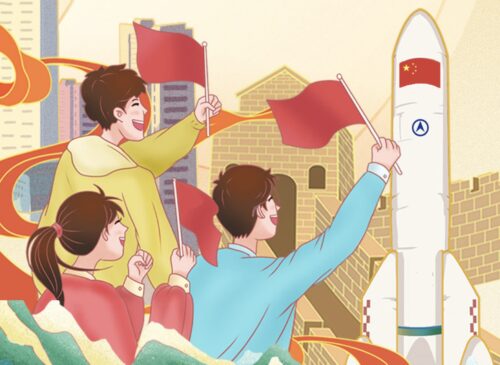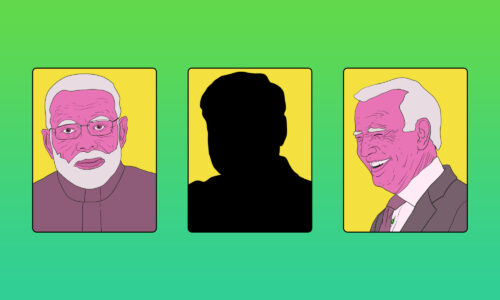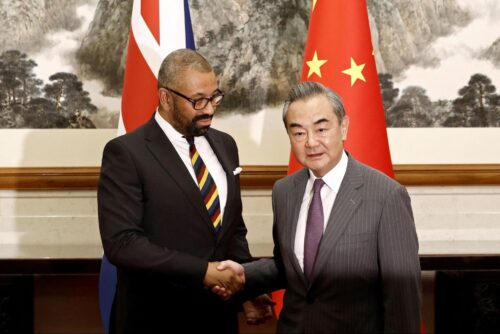The growing rift between Europe and China
It's been a tumultuous year for the EU-China relationship. The European Parliament and European Commission are in agreement about the challenges of working with China, and the necessity of a new approach, but what form that will take remains uncertain.

On November 4, Raphael Glücksmann, a French member of the European Parliament, concluded his delegation’s visit to Taiwan beside Taiwanese president Tsai Ing-wen by declaring, “Europe is standing with you.” The paradigm shift in Europe’s thinking on China has been obvious. 2021 has seen the EU freeze a landmark investment deal with Beijing, sanction the country over human rights abuses in Xinjiang, and send its first official parliamentary delegation to Taiwan. Once criticized as “soft on China,” with a foreign policy that was a “failure,” the normally staid European Union has changed its tune on the world’s burgeoning superpower — and may be setting an example for the rest of the world.
How China lost Europe
The EU and China opened the year on a high note. In December, the two inked the Comprehensive Agreement on Investment (CAI), a deal designed to further open both markets to investors. But though it signaled a rare mutual win in the relationship, criticism followed, and not just from a frustrated Joe Biden administration, which had lobbied the European Commission, the union’s executive body, to hold off on sealing the deal until after Biden’s inauguration. A majority of Members of the European Parliament (MEPs) issued a swift condemnation, accusing the commission of violating the trust of the United States and tarnishing the EU’s reputation on human rights.
In March, the EU’s relationship with China took a turn when the European Union coordinated with the U.S., UK, and Canada to slap sanctions on Chinese government officials involved in human rights abuses in Xinjiang. China’s tit-for-tat response — to sanction European academics, MEPs, and research institutions that had been critical of China — provoked outrage in Europe. Taken as an attack on free inquiry and the free speech rights of Europeans within their own borders, the sanctions, which included the European Parliament’s subcommittee on human rights and MERICS, a centrist China-focused think tank, provoked a damning internal “progress report” on China from the European Commission in April. Having previously shied away from scathing critique of China’s political system, the commission condemned its “authoritarian shift” under Xí Jìnpíng 习近平. Most strikingly, it threw down the gauntlet on “the reality” that China and the EU have fundamental differences in their “economic systems and managing globalization, democracy and human rights, [and in] how to deal with third countries.” The European Parliament announced the next month that it would refuse to vote on the CAI, freezing a deal seven years in the making, until sanctions on MEPs were lifted.
European Commission President Ursula von der Leyen followed up the commission’s April statement with a State of the Union speech in September that took direct aim at Beijing. In a far cry from the defense she had issued of CAI just nine months prior, von der Leyen expressed skepticism about China’s commitment to its climate change objectives, criticized its record on forced labor issues, and announced a competing initiative to the Belt and Road.
The parliament echoed von der Leyen’s concerns in the publication of a non-binding report on EU-China relations later that month. Casting off the idea that Europe should anchor its China policy in economic engagement, the report argued for putting human rights squarely in the middle of the relationship. It included advocating for a diplomatic boycott of the 2022 Winter Olympics, calling for an independent investigation into the origins of COVID-19, and supporting the establishment of a shadow dialogue on human rights with Chinese civil society groups. The report upset the Chinese, whose mission to the EU called it a “gross interference in China’s internal affairs.”
But it was the parliament’s publication of its non-binding report on EU-Taiwan relations in October that exemplified the union’s new attitude toward China. While major European capitals and institutions had long been circumspect on Taiwan, cautious to toe the rhetorical line of the “one China” policy, the report called Taiwan a “key partner” in the Indo-Pacific. It advocated upgrading the European Economic and Trade Office in Taiwan, signing a bilateral investment agreement with the country, and pushing for its inclusion in the offices of the United Nations.
Without the ability to put the strategy into practice itself, which is under the commission’s purview, the parliament acted alone, sending its first-ever official delegation to Taiwan in early November to meet with senior Taiwanese government officials. China fulminated against the visit, saying it had “seriously violated the EU’s commitment to the One-China policy.”
Shifts in public opinion
China’s increasing assertiveness under Xi Jinping set the stage for the European Union’s change of heart. The idea that Europe could shield its economic relationship with China from its human rights and foreign policy concerns was forged at a different time, when Chinese ambitions were still largely confined to its immediate vicinity, and political openness looked on the horizon. The radical turn in China’s domestic and foreign policy has poured cold water on those hopes. China’s crushing of civil liberties in Hong Kong, human rights abuses in Xinjiang, and aggression toward Taiwan has caused the European public to turn on China. A majority in the EU’s largest member states now have a negative opinion of China, do not trust Xi Jinping to do the right thing in world affairs, and do not believe China respects its people’s personal freedoms. Those numbers have increased in the 10 years since Xi’s ascent to power, coming at the back of a groundswell of local and business opposition to the status quo: everyone from the mayor of Prague to the Federation of Germany Industries, a once powerful voice for close economic ties with China, has sounded the alarm.
China news, weekly.
Sign up for The China Project’s weekly newsletter, our free roundup of the most important China stories.
Opposition voices have capitalized on shifts in popular European opinion, chief among them the Biden administration, which has pushed hard on Europe to get tough on China. That has included an early presidential visit to Brussels in June and a tour of Europe by Secretary of State Antony Blinken, the creation of the U.S.-EU Trade and Technology Council, and the resuscitation of the U.S.-EU Dialogue on China. The Biden administration’s emphasis on strengthening alliances and countering the threat that China poses to liberal values has swept the moral high ground out from under the EU, which risks looking like it’s ignoring human rights concerns and turning its back on an ally if it refuses American overtures.
The driving voice for change, however, has been the European Parliament, which has lobbied the rest of the bloc to take a tougher approach on China for years. The parliament celebrated the 40th anniversary of EU-China relations in 2015 by condemning China’s record on human rights, rejected the idea that the EU should award China “market economy status” in 2016, criticized China’s interference in Hong Kong’s internal affairs in 2017, and issued another severe condemnation of China’s human rights record and foreign policy in 2018. It awarded the Sakharov Prize, its annual human rights award, to imprisoned Uyghur dissident Ilham Tohti in 2019 a day after it approved a resolution detailing and criticizing China’s mass repression campaign in Xinjiang. Following China’s sanctions on MEPs in March, other EU institutions and major European capitals have increasingly echoed the parliament’s line on China.
Can the relationship be saved?
After a tumultuous year, ever-divided Europe has aligned on one thing: it needs a new approach to China. Pitted against one another in January, the commission and the parliament are now sounding ever more alike on the challenge China presents. But while they may agree on the necessity of a new strategy, there remains major disagreement on the form that strategy should take.
With little direct responsibility for the bloc’s massive $700 billion trade relationship with China, the parliament wants a European Union that recalls former European Parliament President Simone Veil’s exhortation to “ceaselessly denounce all [human rights] abuses.” The commission, however, holds the keys to the relationship, and it remains unsure. Conscious of the economic harm that provoking China has done to countries like Australia, it is likely to try to steer the EU away from direct confrontation over issues like Taiwan while remaining assertive in areas like investment and disinformation that are unlikely to cause massive retaliation from Beijing.
That means the EU won’t speak with one voice on China any time soon: though the commission voiced support for deepening the EU’s relationship with Taiwan in the aftermath of the parliament’s EU-Taiwan strategy in October, it postponed its plan to upgrade its trade relationship with the island in November.
As the year ends and the popular mood on the continent continues to shift against China, observers should expect a more muscular approach out of Brussels, but one that avoids training its sights on Beijing’s political bottom line.






